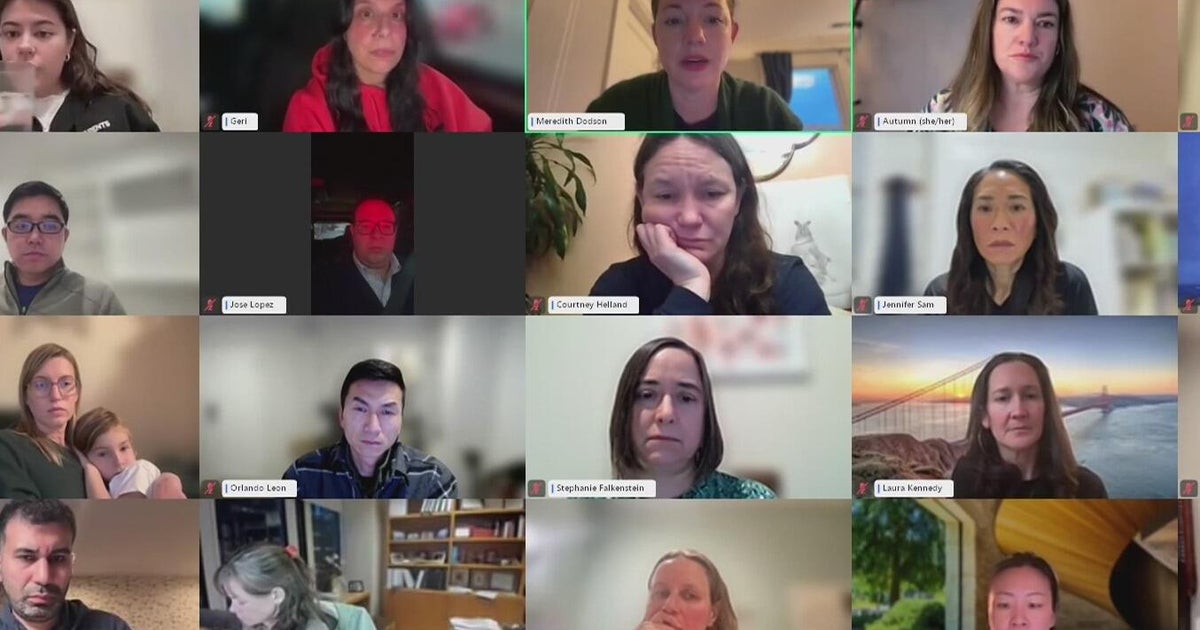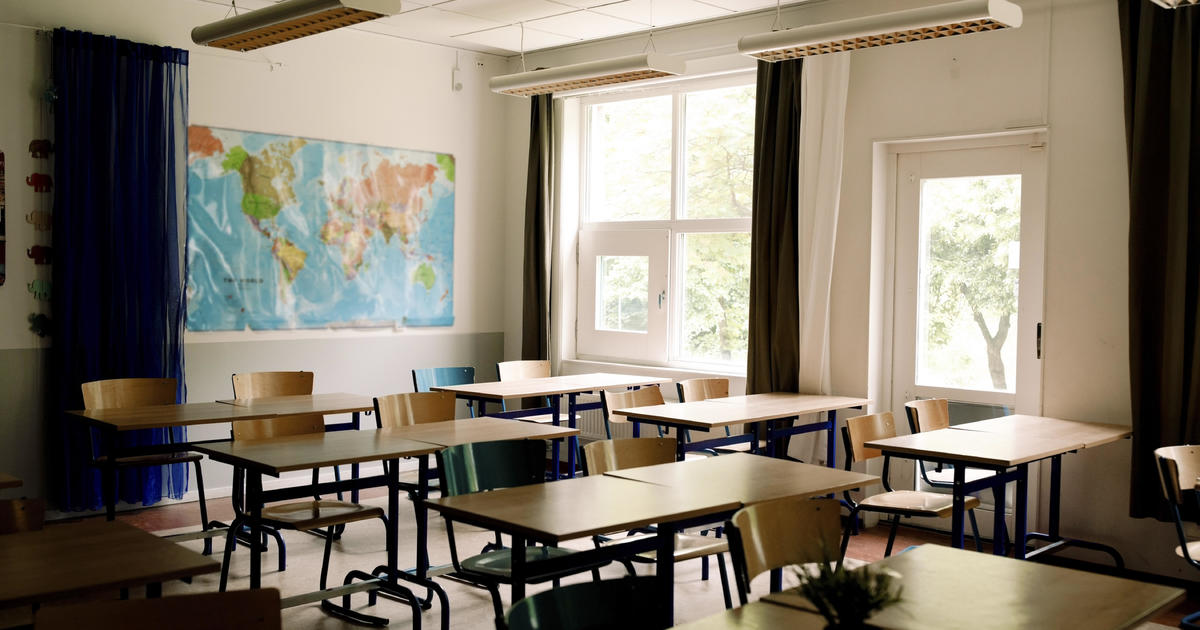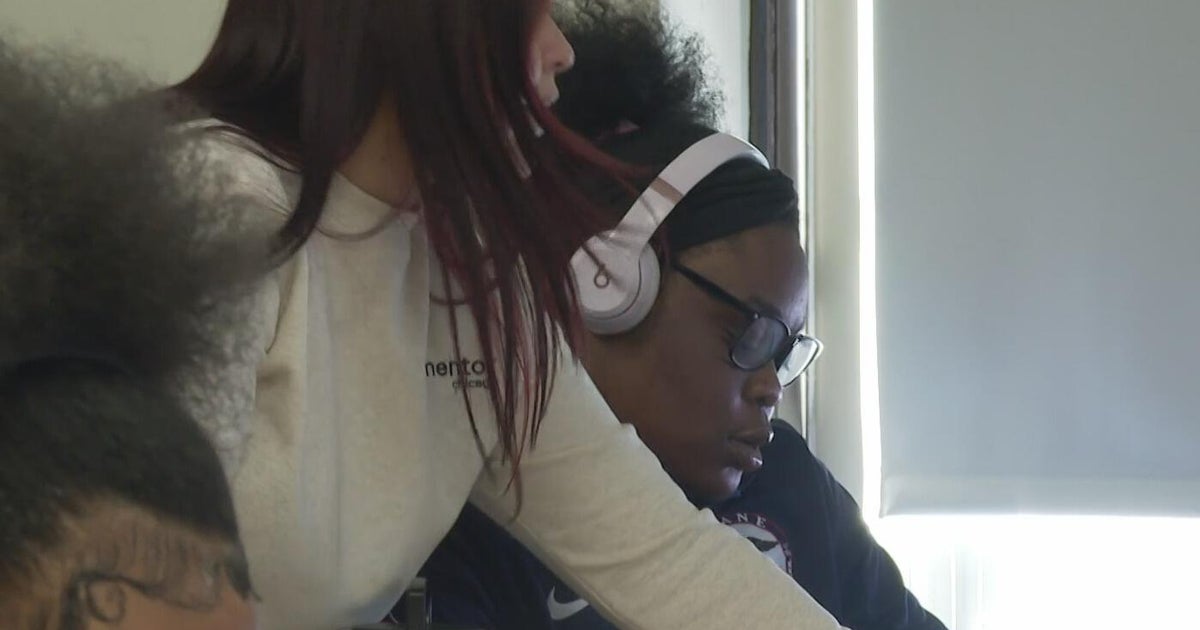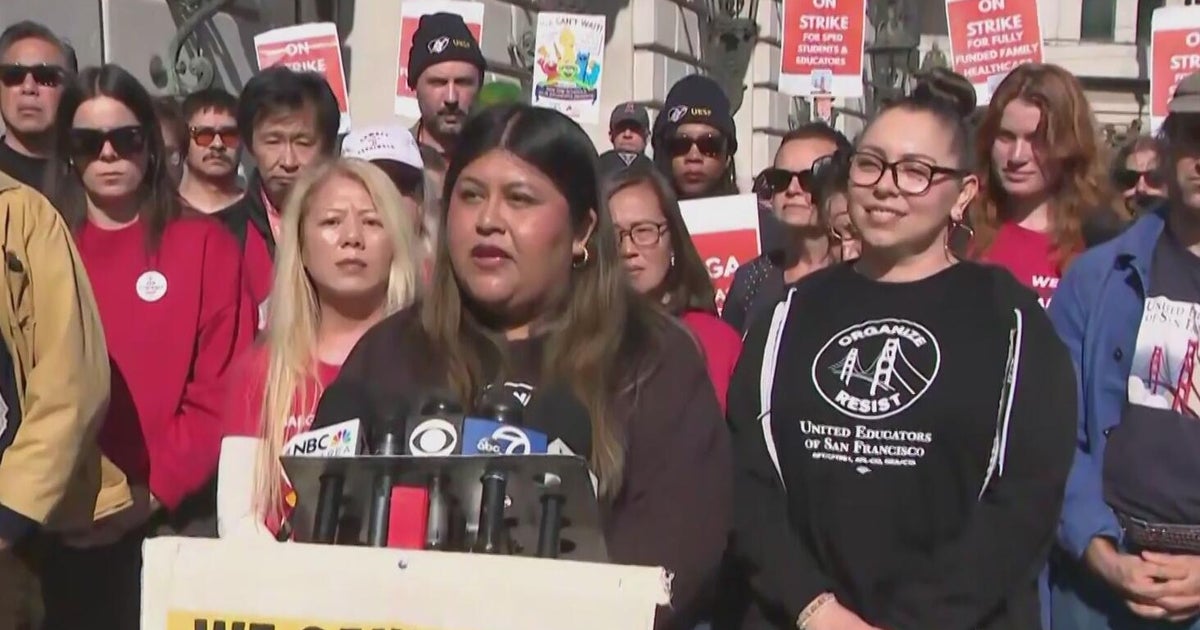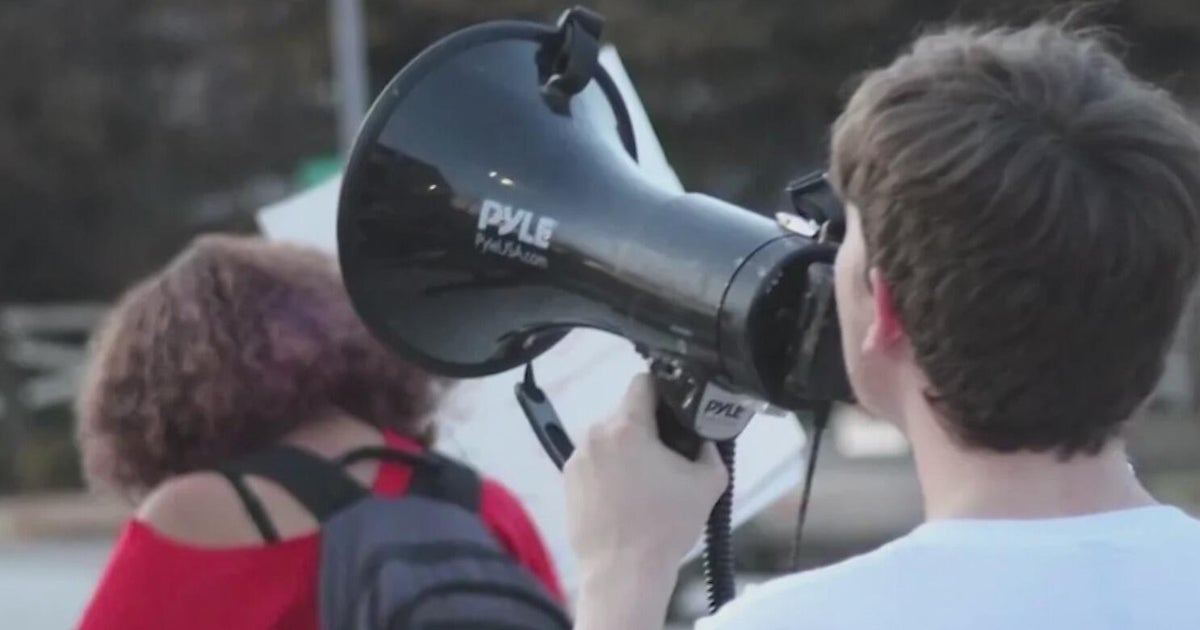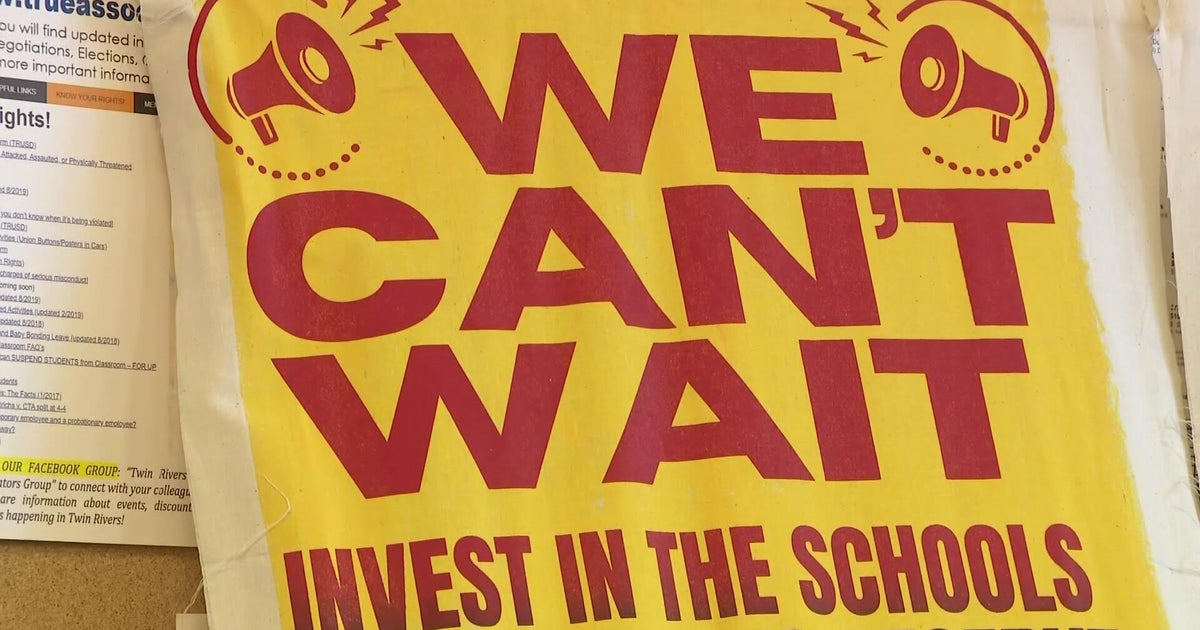Chicago Public Schools focus on equity, redefining student success in new strategic plan
CHICAGO (CBS) -- The Chicago Public Schools have released their long-awaited five-year plan ahead of a school board vote this Wednesday.
The overall focus of the 47-page plan is addressing inequality, and CPS leaders said it is long overdue. They have called the plan "Together We Rise," and they say it is about more than education.
According to CPS leadership, the plan is meant to redefine student success and school accountability while changing the school investment structure—all with the larger goal of closing opportunity gaps and providing equal learning opportunities to every student within the school system.
"The title is intentional. CPS has a long history of collaborating with many partners — and that, of course, would only intensify under this plan," said CPS chief executive officer Pedro Martinez. "We are committed and dedicated to showing our work."
Some changes CPS will be working on include the following:
- Schools will no longer be ranked. Officials say ranking schools can have an adverse impact — encouraging families to select those with the best ratings. CPS says under the plan, the district will provide "equitable resources."
- CPS is changing how it measures student success, with what it calls a holistic approach focused on learning and overall well-being.
- Instead of creating new schools to address failures in the system, officials say targeted investments will be made in existing institutions.
"This plan requires more of us to ensure that every student in every school in every community has access to a high-quality education that prepares them for college, family-sustaining careers, and to actively contribute to the civic life of thriving communities," said Elizabeth Todd-Breland, vice president of the Chicago Board of Education.
Some of the goals outlined in the plan are to decrease chronic absenteeism by 15%, increase proficiency levels for third- to eighth-graders by 20%, and increase the percentage of students earning a semester of college credit or advanced career credential by 70% by 2029.
"While we will continue to support all students across all school types, as a universal goal, it is a targeted strategy to address inequities in our district," said Todd-Breland.
In the spirit of addressing inequity, there are focus points in the plan addressing education in predominantly Black or low-income neighborhoods, and for students in temporary living situations.
Specifically outlined are a plan to improve daily learning experience and eliminate opportunity gaps for Black students, pathways for students to become proficient in more than one language, ensuring that students with disabilities are placed in the correct grade-level setting, creating high-quality and cohesive learning experiences for children in preschool through second grade, and increased opportunities for high school students to receive college credit or advanced certifications.
But with the city already facing a massive budget deficit, how will the district pay for these changes?
"We are going to need more investment," Martinez said.
CPS leaders say they have addressed internal cuts to save money. Martinez was asked what else CPS is exploring to pay for the ambitious plan.
"We are hoping we are going to have friends in D.C. and continue to see investments at the federal level," Martinez said. "We are being very aggressive for philanthropy. We are applying for every grant that we can qualify for."
In a statement, Chicago Teachers Union President Stacy Davis-Gates took aim at Martinez and his leadership and said it was at odds with what the strategic plan stands for:
"The best parts of the district's Strategic Plan are taken right from our contract proposals, the same proposals the district is actually fighting at the bargaining table.
"It's another case of CEO Martinez telling the people of Chicago one thing and actually doing another.
"This plan admits that there are disparities across the district -- but Martinez's policy is to make cuts that make inequity worse not better.
"The plan states that we have to close the 'opportunity' gaps but Martinez' policy is to balance the budget with vacancies that make that impossible.
If the district actually led with this plan, then we'd have the partner we're looking for to deliver for our students. But in practice, CPS CEO Pedro Martinez is doubling down on austerity—pushing for school closures, consolidations, furloughs, layoffs, and privatization.
"It's troubling to see he's not just out-of-step with Chicago, he's out of step with the district's own plan."

